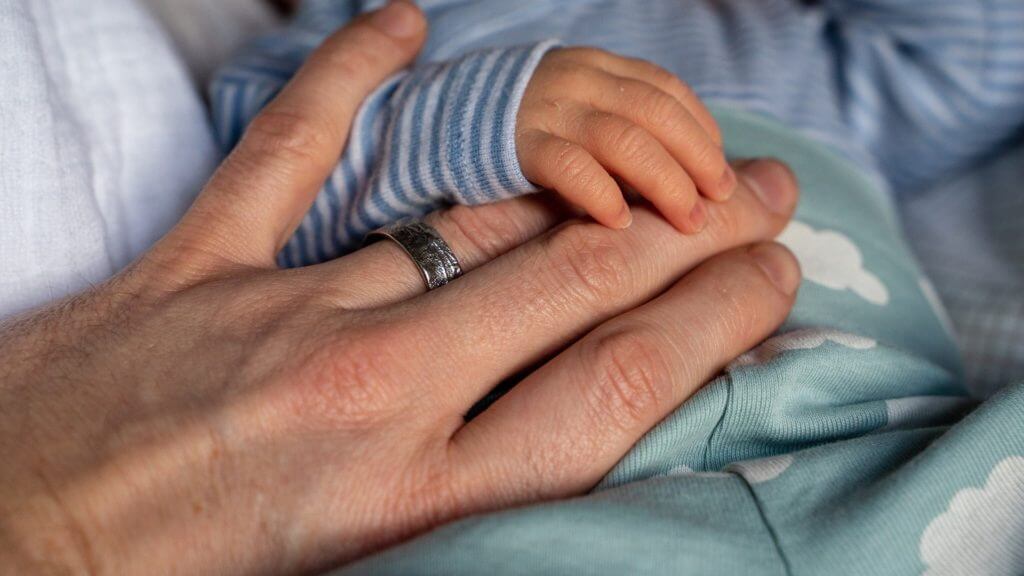Parental Alienation – Badmouthing your ex could result in your children moving home

The situation where one parent poisons their child against the other is known as parental alienation.
While there is no single definition of parental alienation, the Children and Family Court Advisory and Support Service (Cafcass), recognise it as ‘when a child’s resistance or hostility towards one parent is not justified and is the result of psychological manipulation by the other parent’. A child that is subject to parental alienation is likely to reject or resist spending time with the parent that has been ‘badmouthed’.
Parental alienation is considered a form of psychological abuse that has the potential to damage the mental well-being of both the child and the rejected parent.
Parental alienation – an extreme case
In September 2019, HHJ Wildblood QC released his judgment regarding a complex case of parental alienation. He wanted to make the public aware of the damage that can be done when one parent alienates the other.
The mother, over a period of years, had demonised the father and alienated the children from him. There was no evidence that the father was unsuitable to have contact with them. As a result, the court ordered a trial transfer of residence and the children were moved to live with their father. During this period, they were not allowed to see their mother. The children were extremely resistant and ran away from their father. The attachment between father and children was, by now, too weak and the children returned home to their mother. As a result, the father withdrew his proceedings and had no further contact with them.
The children’s view of their father had been so ingrained by their mother that, by the time the alienation had been recognised by the courts, the damage had already been done and it was too late for intervention to be successful.
Courts push for early intervention
The courts are now pushing for early intervention and parents are offered intensive therapy to change behaviour. Alienating parents who do not respond risk losing custody (now referred to as residence) of their child.
Undoubtedly, a change of residence can be very difficult for a child to cope with but, in some circumstances, it can prevent parental alienation.
In a case recently dealt with by Mr Justice Keehan, the child lived with his mother most of his life in the Midlands and his father lived in the south of England. The child had good regular contact with his father until March 2018, following which there was no further contact. The court confirmed that the mother had alienated the child from his father and that the child’s right to have a loving relationship with his father was being sacrificed. If the situation continued, the child would suffer severe emotional harm and have no relationship with his father.
Early intervention was established and it was agreed that a transfer of residence was the only way for the child and father to reconcile. Recommendations for the child and his father to attend therapy were made and during the transition the child had no direct contact with his mother. This transition with the help of appropriate support was successful.
The case highlights that the courts are prepared to take a robust approach to tackle parental alienation. It also demonstrates that, where the child previously had good quality contact with the alienated parent, relationships can be re-built.
The family law team at Pictons understand the sensitivity and complex nature of parental alienation issues. We offer an understanding and sympathetic approach and advise you to contact us immediately for an initial consultation. Please call Pictons’ family team on 01582 870880 or 01442 229641.